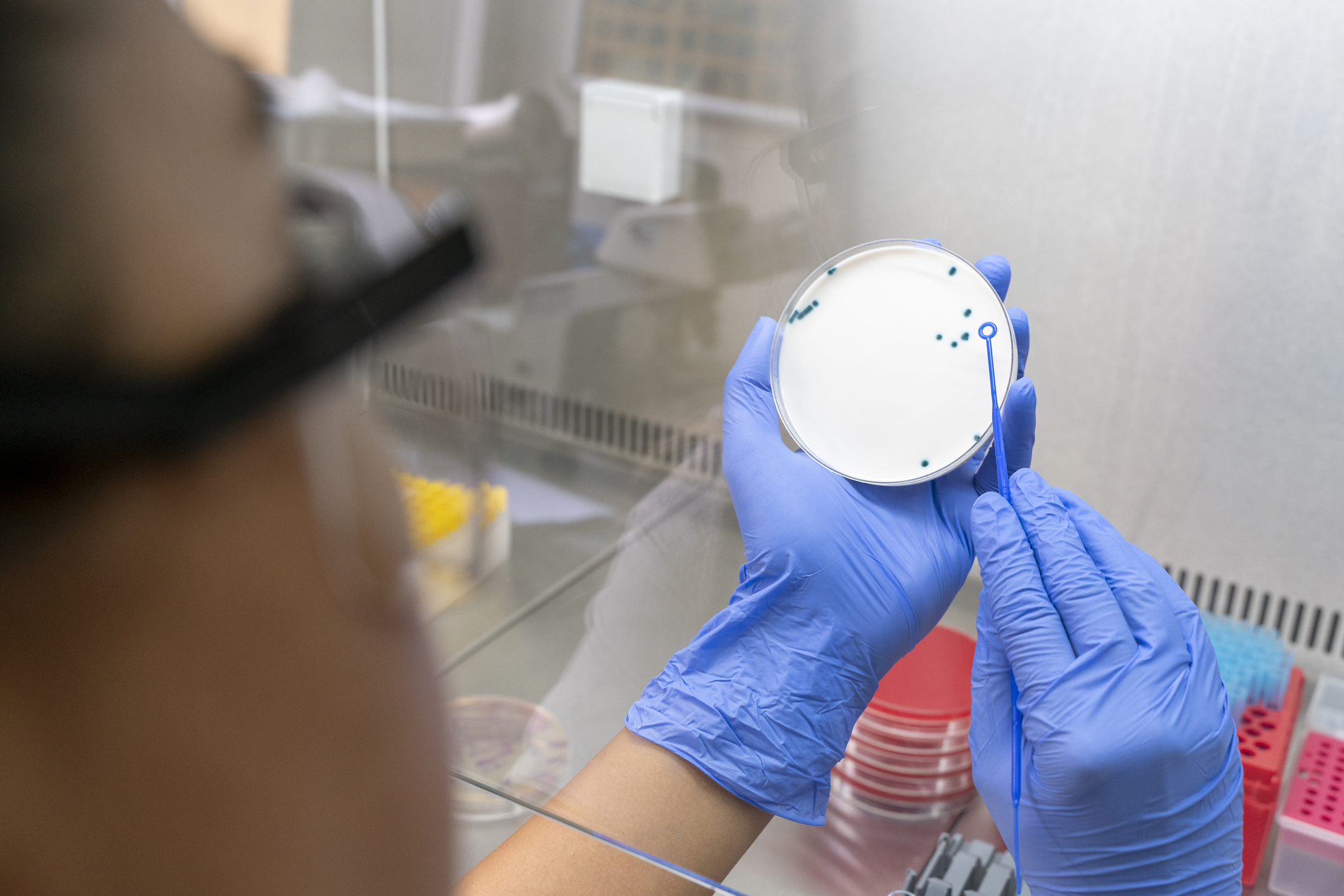Can a Yeast Infection Cause a False Positive Herpes Test?

Dealing with a yeast infection can be uncomfortable enough on its own, but when you’re also worried about the results of a herpes test, things can get even more stressful. It’s common to wonder if one might be mistaken for the other. In this article, we’ll explore whether a yeast infection can cause a false positive herpes test and provide you with the information you need to understand the differences between yeast infection vs. herpes.
What is a Yeast Infection?
A yeast infection, also known as candidiasis, is a common fungal infection caused by an overgrowth of the Candida species, typically Candida albicans. These infections often affect the vaginal area but can also occur in other parts of the body, such as the mouth or skin folds.
The yeast infection symptoms can vary, but the most common ones include:
- Persistent itching and irritation in the genital area.
- A burning sensation, especially during urination or intercourse.
- The vulva may become red, swollen, and sore.
- The vaginal discharge associated with a yeast infection is often thick, white, and resembles cottage cheese. It usually doesn’t have a strong odor.
- Some women experience pain or discomfort during sexual intercourse.
What is Herpes?
Herpes is a viral infection caused by the herpes simplex virus (HSV), with two common types: HSV-1, which usually causes oral herpes (cold sores), and HSV-2, which typically causes genital herpes. Both types can affect either the oral or genital areas.
Herpes symptoms include:
- Small, painful blisters or sores appear on or around the genitals, anus, or mouth.
- A tingling or itching sensation often occurs before blisters develop.
- Flu symptoms like fever, body aches, and swollen lymph nodes can accompany an initial outbreak.
- Urination may be painful if blisters are near the urethra.
- Recurrences are usually milder and shorter, triggered by factors like stress or illness.
Unlike yeast infections, once you’re infected with herpes, the virus stays in your body for life, with the potential for periodic outbreaks.
Can a Yeast Infection Affect Herpes Test Results?
You might be concerned that having a yeast infection could interfere with your herpes test results, but the truth is that a yeast infection itself does not cause a false positive herpes test. However, it’s understandable to be confused, as both conditions can cause similar symptoms in the genital area.
False positives in herpes testing are rare but can happen due to cross-reactivity in blood tests or errors in sample collection. These issues are not directly caused by a yeast infection, but rather by the complexities of the testing process.
How Accurate Are Herpes Tests?
Diagnosing oral and genital herpes typically involves a blood or swab test. A herpes swab test involves collecting a sample directly from an active sore or blister on the skin. The genital herpes test is most effective during an active outbreak when visible sores or blisters are present. Blood tests are typically used when there are no visible symptoms or if someone wants to know if they have been exposed to the virus in the past.
While herpes tests are generally accurate, several factors can influence the accuracy of herpes tests. This is why it’s important to discuss your results with a doctor, as retesting or additional testing might be recommended to confirm the diagnosis:
- Timing: Testing for herpes too soon after exposure may result in a false negative, as the body may not have produced enough antibodies yet for detection in a blood test.
- Type of Test: The choice between a swab test and a blood test depends on the presence of symptoms and the timing of the test. Herpes swab tests are preferred during active outbreaks, while blood tests are useful for detecting past exposure.
- Laboratory Procedures: The accuracy of both swab and blood tests also depends on the laboratory’s procedures and the quality of the sample collected.
What to Do If You Receive a False Positive Herpes Result
If you believe you’ve received a false positive herpes test result, the first step is to stay calm. False positives, while uncommon, do occur. Here’s what you can do:
- Request a Retest: If you have doubts about the accuracy of your test, ask your healthcare provider for a retest.
- Discuss Your Symptoms: Share all your symptoms with your provider. This can help them better understand your condition and guide you toward the right diagnosis.
- Seek a Second Opinion: If you’re still feeling uncertain after a retest or if you’re not fully satisfied with the explanation provided, seeking a second opinion can offer additional clarity.
If you’re still unsure, seeking a second opinion can provide additional clarity. At AllCare, we encourage you to consult with another healthcare professional if you feel it’s necessary.
Herpes Test & STD Treatments at AllCare
While a yeast infection doesn’t cause a false positive herpes test, it’s important to understand the differences between these two conditions and how to get tested for herpes. If you’re facing confusing test results, don’t hesitate to follow up with your healthcare provider, consider retesting, or seek a second opinion. At AllCare, our goal is to provide you with clear, accurate information so you can make informed decisions about your sexual health. If you have any concerns or questions, schedule an appointment with us today and get tested for STDs at AllCare.